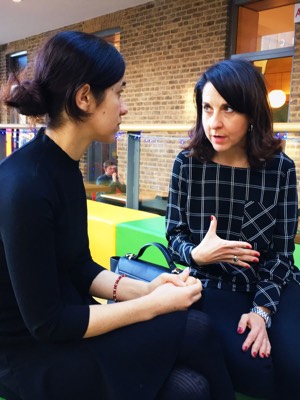I recently met with The Carers Centre of Leicestershire and Rutland, and local family carers to mark Carers week and discuss their experiences through the lockdown.
Prior to the pandemic, there were 9 million unpaid family carers in the UK. Many already felt pushed to breaking point, even before the virus struck, seeing their own health and finances suffer because of their caring responsibilities. Since the outbreak, 70% of carers say they are providing even more care than normal: an average of 10 extra hours a week. Carers are also spending more money on food and bills, and many say they feel overwhelmed and worried that they are going to burnout in the coming months.
In addition to these existing carers, research out this week from Carers UK shows a staggering 4.5 million people have taken on new caring responsibilities during the course of the pandemic so far – that’s the size of the NHS workforce three times over.
Coronavirus has thrown these new carers in at the deep end. It can be physically and emotionally stressful caring for someone who is shielding and at greater risk of catching the virus. Many unpaid carers struggle to get the information they need about what support might be available. They battle to find their way around the health and care system, often telling their story time and time again to different people. Two thirds of these new carers are also trying to juggle their paid work alongside their caring responsibilities.
Action must be taken to ensure unpaid carers get the support they need during Coronavirus and beyond. In the short term, the Government should increase awareness about the vital role unpaid carers play in dealing with this virus and provide local authorities with resources they need to support carers, including with proper information and advice. Carers must be a priority for regular testing and PPE, particularly where they care for the most vulnerable. They also need easy access to supermarket food slots for themselves and those they care for.
In the longer term, social care desperately needs a sustainable funding settlement which includes comprehensive support for unpaid carers like regular respite breaks. The NHS should systematically identify and support carers and ensure they are fully considered in any recovery plans. The Government must also look to improve carers’ rights to take time off to juggle their work and caring responsibilities.
Caring for an older or sick or disabled loved one is part of the reality of modern family life. That was true even before Coronavirus but is even more so now. As we emerge from this pandemic we need a new settlement for social care, which puts family carers at its heart and gives carers the practical, emotional, financial and workplace support they need to help look after the people they love most.
You can read more about this in my The Times Red Box article here.

































